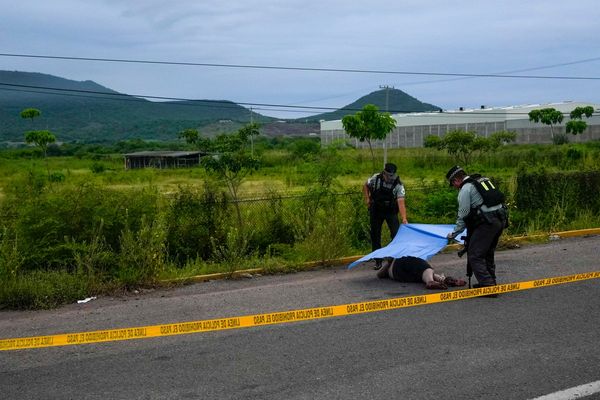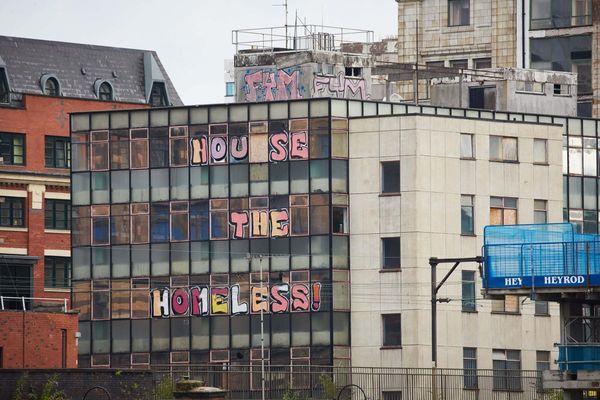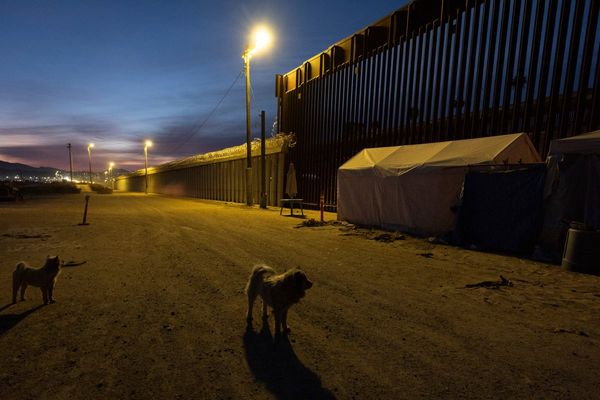
In a typical British September, social media is littered with posts about people guiltily putting on their central heating. Now, well into October, people are talking about how much longer they can leave it off before it gets too cold for comfort.
You might think that this is one more sign of how hard the cost of living crisis is biting. Many of these posts are from anxious people who are genuinely struggling. But the very same expressions of restraint and concern are also coming from those with plenty of money to spend. You see them splashing the cash in restaurants, bars, theatres, cinemas and upmarket shops. Many haven’t seen their energy bills rise yet, and when they do it will be by about £3.50 a day; far less than the price of a pint of beer in most pubs. They can afford to put the heating on if they need to. So why are they pretending otherwise?
It’s uncomfortable even to ask this question. To publicly wonder whether the cost of living crisis is really as bad as it’s cracked up to be sounds privileged and insensitive. It’s obvious that millions of people are struggling to pay their bills and are facing appalling heat or eat choices. No one should doubt that. The question is why so many of those still comfortably off feel the need to talk as though they are on the edge too.
After the 2008 financial crisis, I came up with a name for a similar group of people: “thriftifarians”. These are middle- or upper-class people who take virtuous pleasure in the selective economies they don’t need to make, especially during times of recession. It seems the thriftifarian is back, only this time what matters most is signalling your fictitious need to economise, whether you actually do so or not.
Some thriftifarians are comically lacking in self-awareness. Even as they are getting out of their Nissan Leafs (from £28,940) they’re moaning about the unaffordability of organic pasta (from £1.20). There is also the unpleasant tendency the British upper class has to valorise its own supposed frugality in contrast to the wastefulness of the hoi polloi, as though anyone who was careful with money could afford a spacious detached house too.
But the thriftifarian pose is not just a vice of the most privileged. It is hard to tell exactly how many people can absorb rising prices, but it is more than a tiny elite. Consider that the price “cap” on the average energy bill has gone up from £1,254, as it was soon after it was introduced in 2019, to £2,500 now. That means an annual increase of £1,246. The average food bill is set to rise by about £454, meaning households will have to find an additional £1,700 a year for their basics – just over £140 a month.
The most up-to-date figure we have for median household disposable income in the UK is £31,400: £1,700 is a good chunk of this, so anyone living at the limits of their means would be in trouble. But for those with small or no mortgages and no major debts, the increases in the cost of living can be managed. And given this is the median income, half the country has more. The top 10% take home on average £127k and the next decile £62k.
It is understandable that no one wants to callously flaunt the fact that they’re all right. But there’s also something distasteful about pretending to suffer when you’re not. And the done thing this autumn seems to be for everyone, irrespective of their ability to ride out inflation, to talk as though times are tough.
The most honourable motivation is that it is a means of expressing solidarity, to signal that we’re all in it together. But the point is that we’re not. What the cost of living crisis is revealing is how very divided we are. For the haves to admit this, to themselves or to others, would be too uncomfortable. Who wants to be identified as a winner when the losers are really suffering?
Thriftifarianism is a way of avoiding accepting that you are not a victim of the problem, you’re a part of it: a fortunate member of a grossly unequal society. The pretence of privation papers over the social divide and helps assuage feelings of guilt.
But it also means avoiding uncomfortable realities. Our excessive inequality can’t be fixed entirely by levelling up. There will have to be some redistribution. Higher-than-average earners and mortgage-free homeowners are going to be in the frontline if and when this happens, and they know it. No wonder they would prefer to feign hardship than admit their privilege, and the need to reduce it.
Julian Baggini is a writer and philosopher; his latest book is How the World Thinks: A Global History of Philosophy







